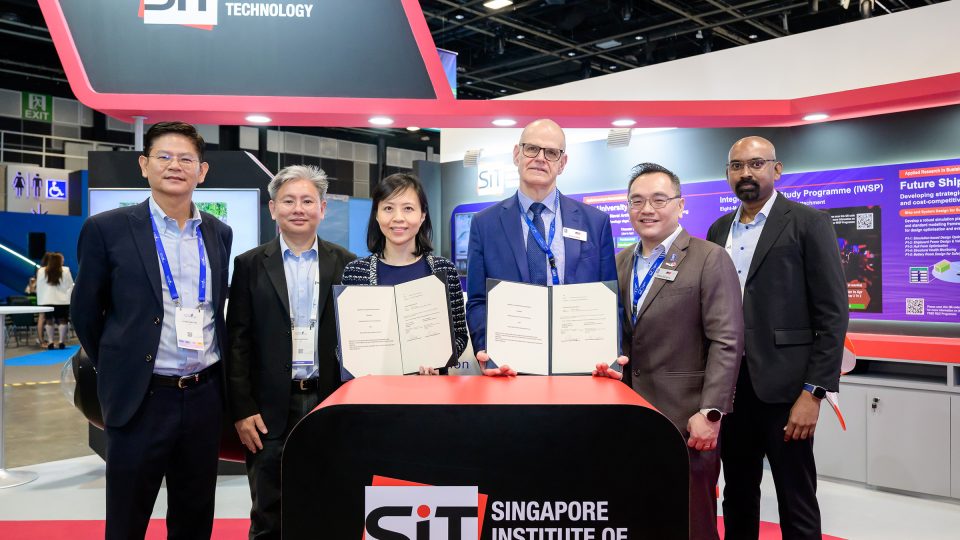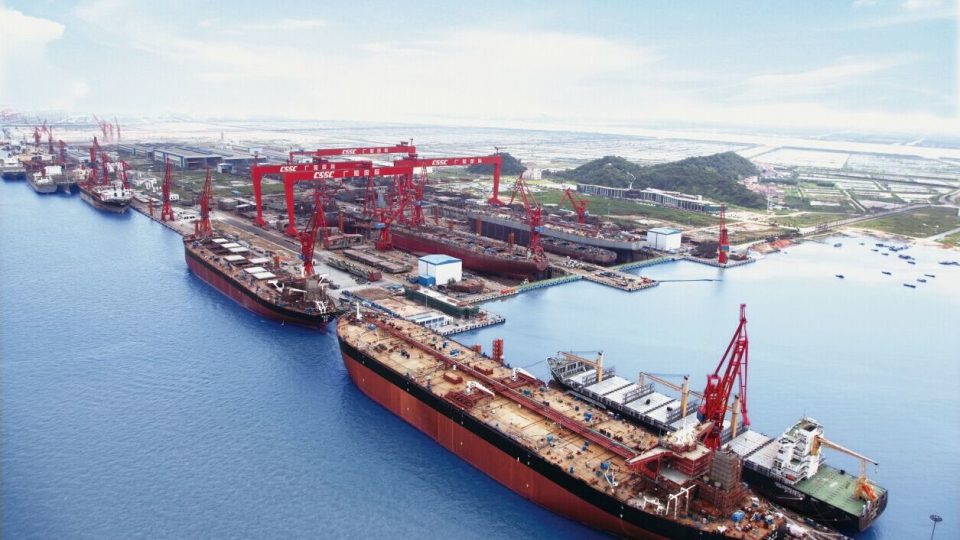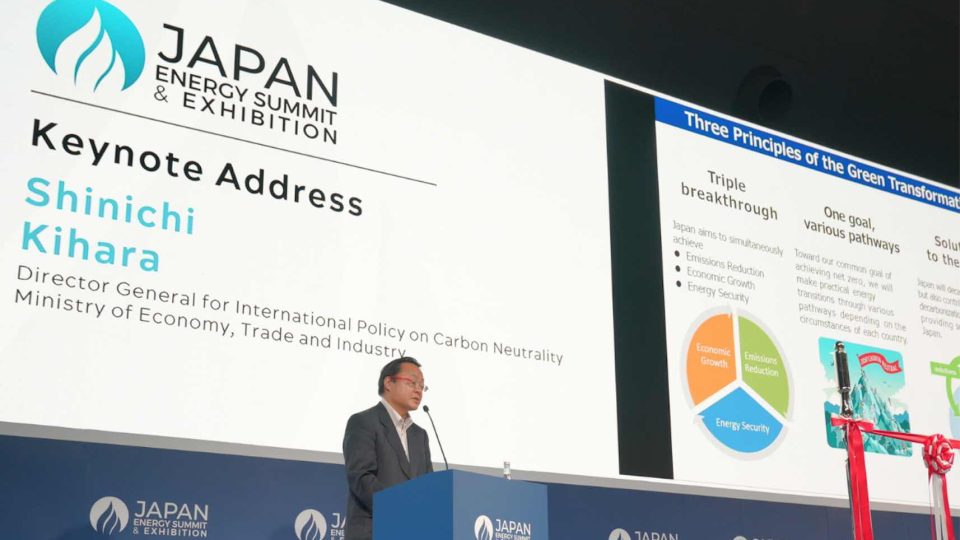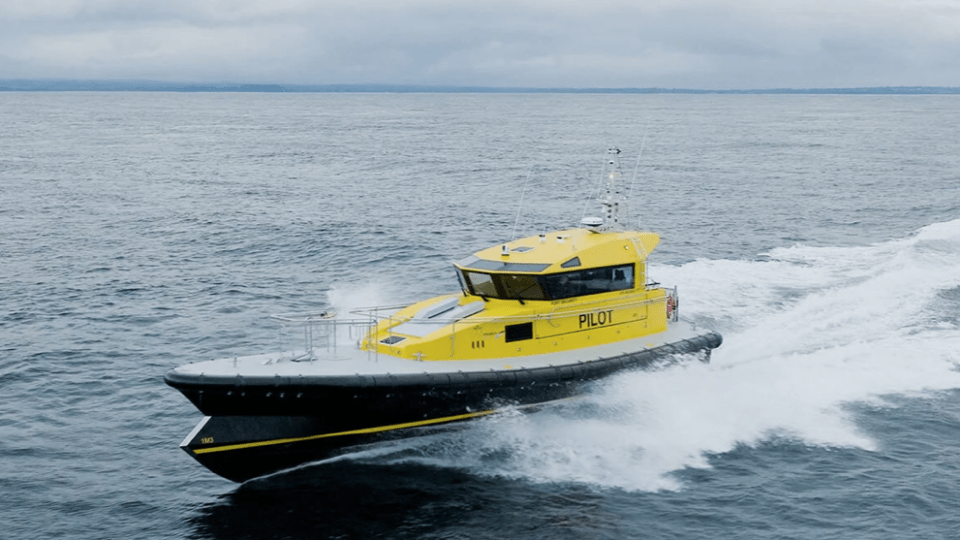The first electric hydrofoil ferry takes off in Stockholm
The world’s first electric hydrofoil ferry has begun its service. Candela P-12 “Nova” sets out to eliminate emissions from Stockholm’s public transport while halving commute times. “This is a paradigm shift for urban transport and a revival of our waterways,” says Gustav Hasselskog, founder and CEO of Candela.
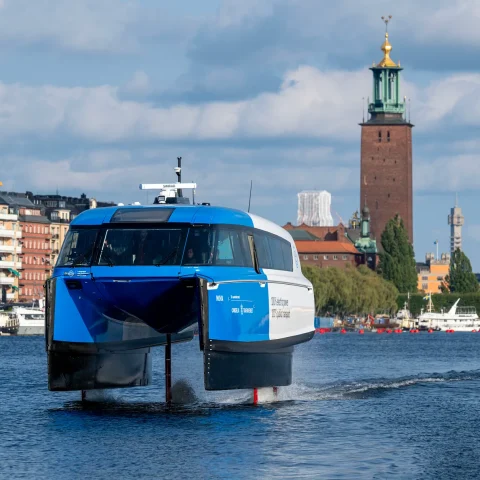
A few days ago, Stockholm’s new star, “Nova,” departed from its dock in the quiet suburb of Tappström, powered by its electric motors, and took off. Flying silently a meter above the water’s surface, it completed the 15 km route to Stockholm’s City Hall in just over 30 minutes. The usual morning commute was almost cut in half.
“Nova” is the first of Candela’s new P-12 model to enter service. Its computer-controlled hydrofoil wings lift the hull above water, reducing energy consumption by 80% compared to conventional vessels by cutting water friction.
“Conventional ships haven’t evolved much in 100 years and are among the least energy-efficient transport modes, only rivaled by a battle tank,” says Gustav Hasselskog, founder and CEO of Candela.
The challenge with conventional fast vessels is that they consume enormous amounts of energy at high speeds, plowing through the water. This makes electrification difficult, as their range is limited even with large batteries. Stockholm’s approximately 70 public transport vessels use more fossil fuels than the city’s buses and trains combined, despite representing only a small share of total ridership. Water transport is costly and slow, as the vessels create large wakes, limiting their speed in the city center.
“Nova” runs on 100% renewable electricity, and emits minimal noise even at high speeds, thanks to its electric C-POD motors with no mechanical transmission. Thanks to its hydrofoil technology, “Nova” is not only the fastest electric ferry in operation in the world but also the fastest in Stockholm’s public transport fleet, cruising at 25 knots – outpacing the diesel-powered V-class ferries that previously held the speed record.
With its energy efficiency, “Nova” requires no costly dock infrastructure, charging instead at a regular car fast charger at the City Hall. Its long range allows it to match the schedule of conventional diesel ferries, with recharging during the typical lunch break.
Even before its official launch, Candela’s P-12 had already made waves in the maritime industry. In 2024, Candela received orders from Saudi Arabia, New Zealand, and Berlin, with additional clients to be announced.




